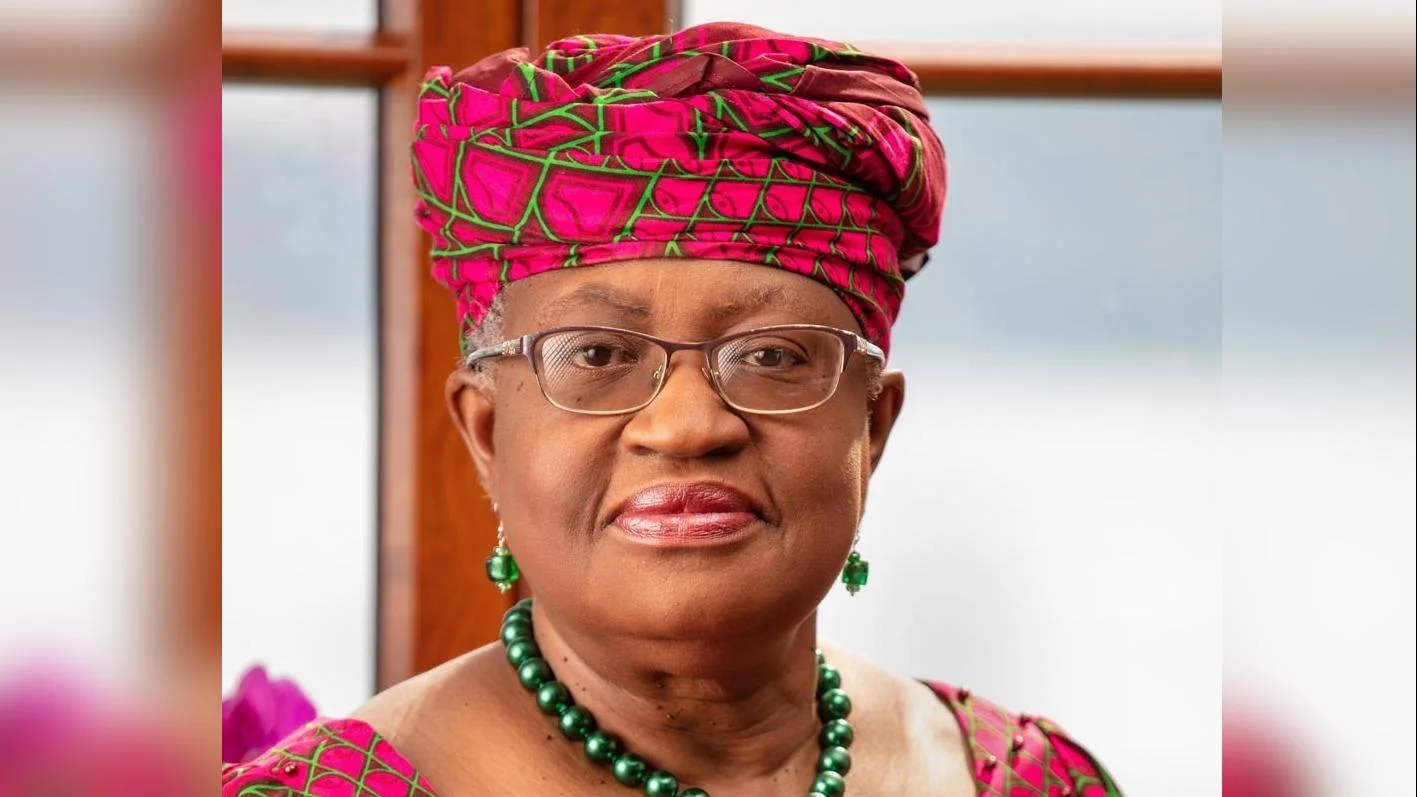WTO members agreed at the 13th Ministerial Conference (MC13) in Abu Dhabi earlier this year to the accessions of Comoros and Timor-Leste, following the finalization of years-long negotiations. Since MC13, both LDCs have prepared their post-accession implementation strategies, in parallel with the ratification of their respective Protocols of Accession and the 2022 Fisheries Subsidies Agreement. Their membership will become effective 30 days after the deposit of their instruments of acceptance with the WTO Secretariat.
Speaking at the Aid for Trade discussion on post-accession, Comoros' Minister of Foreign Affairs Dhoihir Dhoulkamal said: “WTO membership is important in securing Comoros' access to international markets.” The minister referred to the recent visit of President Azali Assoumani to the WTO on June 12 where the President informed Director-General Ngozi Okonjo-Iweala that Comoros' National Assembly ratified its Protocol of Accession on June 11 and that efforts were underway to ratify the Fisheries Subsidies Agreement. He underlined that the main objective of Comoros' post-accession strategy was to create new business opportunities for the country by strengthening economic competitiveness, transparency, and predictability to attract foreign direct investment.
Noting that Comoros' under-developed infrastructure posed hurdles to the country's industrial development, Minister Dhoulkamal reiterated the need for technical assistance and capacity building support, especially on export procedures, including for implementing the Trade Facilitation Agreement. He added that while Comoros had worked throughout the accession process to align its domestic policies with WTO norms, full implementation of its commitments would take three years.
Ambassador Lurdes Bessa of Timor-Leste told the session that the country's National Parliament ratified its Protocol of Accession on June 3; on June 19, the Council of Ministers approved a draft resolution proposing that Parliament ratify the Fisheries Subsidies Agreement.
Accession to the WTO “would help Timor-Leste's integration in the global and regional economy,” Ambassador Lurdes Bessa said. She highlighted how WTO accession played a fundamental role in transforming Timor-Leste as it implemented a wide range of structural, legislative, and policy reforms. She also asked WTO members and partners to assist Timor-Leste with further domestic reforms in the post-accession period.
Jorge Martins, Principal Adviser to Timor-Leste's Coordinating Minister for Economic Affairs, presented Timor-Leste's post-accession vision and strategy consisting of seven key pillars: private sector development; transparency and notifications; infrastructure development; technical assistance and capacity building needs; coordination mechanisms; policy, research, analysis and outreach; and WTO compliance.
Axel Addy, former chief negotiator for Liberia's WTO accession, recalled his country's post-accession experience. He stressed how important it is for people on the ground to see tangible benefits from WTO membership. He cited eco-tourism development as one successful instance where local communities felt these benefits. “The people who have made [the accession of Comoros and Timor-Leste] happen will need your support to take this through post-accession to show some tangible examples to their citizens,” he noted.
Maika Oshikawa, Director of WTO Secretariat's Accessions Division reiterated Director-General Okonjo-Iweala's commitment to continue supporting Comoros and Timor-Leste in their post-accession phase. She recalled that Secretariat’s post-accession assistance framework includes several pillars such as "Best Practices on WTO Post-Accession," which distills lessons from countries transitioning from accession negotiations between 1995-2015.
Regarding country-specific support, Oshikawa stated that missions would be sent to both LDCs soon to prepare initial sets of WTO notifications. Several members and development partners including Australia, Japan, New Zealand, European Union Singapore USAID reiterated full support for both countries joining WTO.

